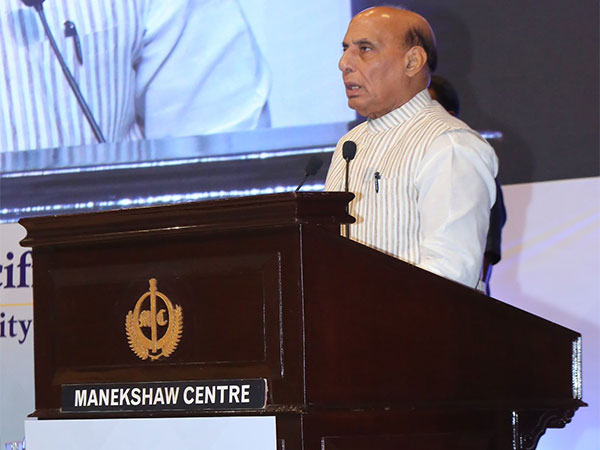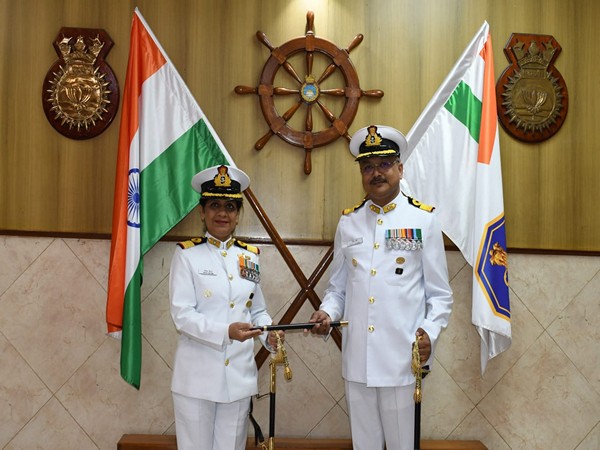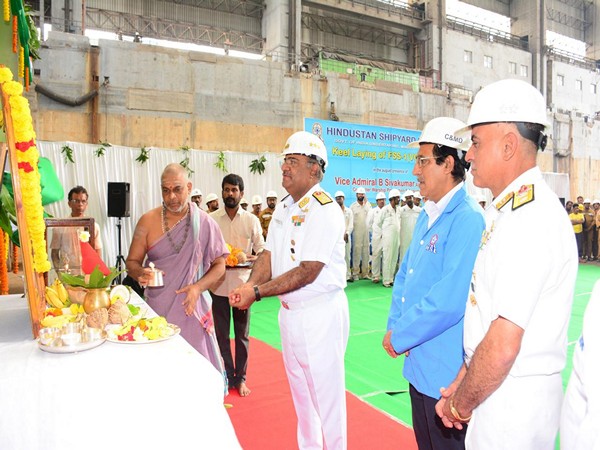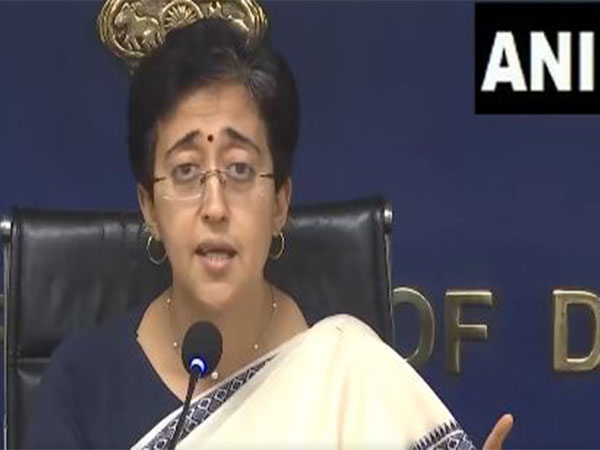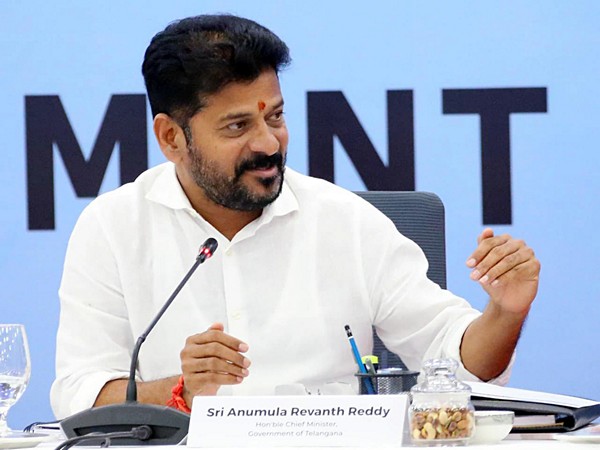New Delhi [India], October 4 (ANI): Defence Minister Rajnath Singh India’s “unwavering resolve” to a rule-based international order, respect for international law, and adherence to the principles enshrined in the UN Convention on the Law of the Sea, terming them as the cornerstones of India’s foreign policy
While addressing the Indo-Pacific Regional Dialogue (IPRD) 2024 in New Delhi on Friday, Singh expressed India’s support for a peaceful resolution to disputes and has sought to promote cooperation among nations in the Indo-Pacific.
“India has consistently advocated for a peaceful resolution to disputes and has sought to promote cooperation among nations in the Indo-Pacific, with a strong emphasis on the centrality of ASEAN in fostering regional dialogue, stability, and collective growth,” he said.
Rajnath Singh underscored India’s commitment to ensuring the safety and security of the vital international maritime routes. He further said that the engagement with regional partners, including joint exercises and information-sharing initiatives, is aimed at strengthening the collective maritime security framework.
He underlined that the Indian Armed Forces, particularly Navy, have been at the forefront of cooperative endeavours with countries of the region, and are continuously working towards building their capacity and capabilities, the Ministry of Defence stated.
“While India’s endeavour for maritime cooperation continues, its interests are not in conflict with any other country. At the same time, interests of any other nation should not come in conflict with other nations. This is the spirit in which we must work together,” Singh further said.
Highlighting India’s vision for the Indo-Pacific, he said, “India’s vision for the Indo-Pacific is based on Prime Minister Shri Narendra Modi’s idea of SAGAR (Security and Growth for All in the Region) as we believe in fostering partnerships that prioritise sustainable development, economic growth and mutual security.”
The Defence Minister added that India’s engagement with its partners is guided by the understanding that true progress can only be achieved through collective action and synergy. He stated that due to these efforts, India is considered a “credible and preferred security partner and first responder” in the region.
In his address, he pointed out that the rapidly evolving global maritime landscape is shaped by shifting power dynamics, resource competition & emerging security threats. He stressed that the emergence of the Indo-Pacific theatre demonstrates a visible balancing of global power.
“The Indo-Pacific region has emerged as the world’s most dynamic geopolitical zone and is the centre of gravity of the economic and strategic interests. It also carries a degree of pre-existing international tension, rivalry and conflict. While some challenges are of local nature, many challenges have global ramifications. With respect to marine resources, we are witnessing a significant increase in geopolitical competition. As populations continue to grow, the demand for marine resources has surged, leading to heightened tensions and competition among nations,” he added.
Speaking on the subject of ‘Global Commons’, the natural resources like the ocean, outer space, climate, clean air, etc., which are shared by all of humanity, Rajnath Singh stated that these are essential to maintaining a sustainable planet. He stressed the need to create a balance of competing interests, which can offer numerous ecological, economic, and social benefits transcending national boundaries.
He also spoke about the concept of ‘tragedy of the commons’, a scenario where individuals, acting in their own self-interest, deplete shared resources, leading to collective ruin and described it as a looming threat and stressed that it can only be dealt with if the international community comes together and acts swiftly for sustainable management of shared global commons.
“Evidence of this tragedy, including environmental degradation, over-extraction of certain resources, and increasing geopolitical tensions is already visible. We are witnessing localised incidents of conflict and a wider undercurrent of international tension in recent years. As the world transforms from an industrial world to a technological world, from a fossil fuel-based economy to renewables, this threat is only going to increase, unless we take pre-emptive steps to control possible damage,” Singh said.
Rajnath Singh voiced concern over attempts to monopolise and weaponise critical resources for strategic reasons, calling these tendencies as not conducive to the global good. He emphasised peaceful coexistence and comity among nations, and drew upon the ancient Indian philosophy of humankind’s symbiotic existence in harmony with nature as a way ahead in the exploration and management of marine resources, according to the Ministry of Defence press release.
In his address, Chief of the Naval Staff Admiral Dinesh K Tripathi stressed the relevance of the oceanic spaces, particularly the Indo-Pacific, for India’s economic growth and security.
Stressing that India’s maritime policy of SAGAR envisioned collective prosperity and security for all in the region, he called collaboration and cooperation as the principal means to achieve this end-state, according to the release.
On the occasion, he also released a book titled ‘Maritime India: Temporal and Spatial Continuum’, published by the National Maritime Foundation (NMF).
Chief of Defence Staff General Anil Chauhan; Chief of the Army Staff General Upendra Dwivedi; Chief of the Air Staff Air Chief Marshal AP Singh; Chairman, NMF Admiral Karambir Singh (Retd); DG, NMF Vice Admiral Pradeep Chauhan (Retd); senior officials of the Ministry of Defence, foreign delegates, and representatives of think-tanks of India and abroad also attended the event. (ANI)
Disclaimer: This story is auto-generated from a syndicated feed of ANI; only the image & headline may have been reworked by News Services Division of World News Network Inc Ltd and Palghar News and Pune News and World News
HINDI, MARATHI, GUJARATI, TAMIL, TELUGU, BENGALI, KANNADA, ORIYA, PUNJABI, URDU, MALAYALAM
For more details and packages



